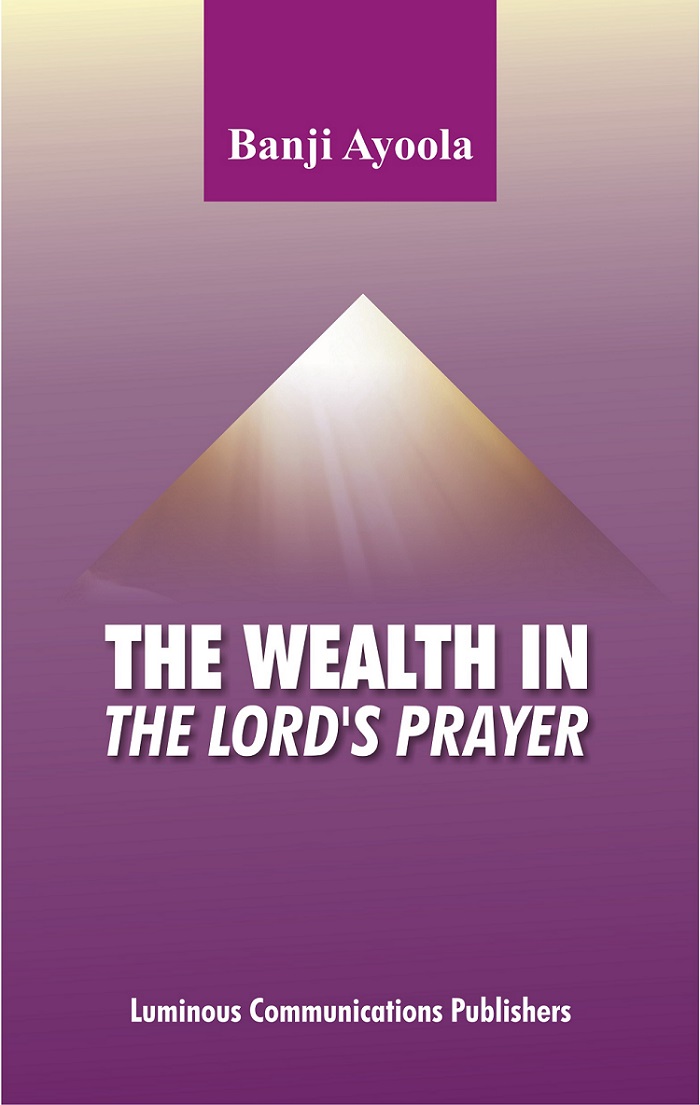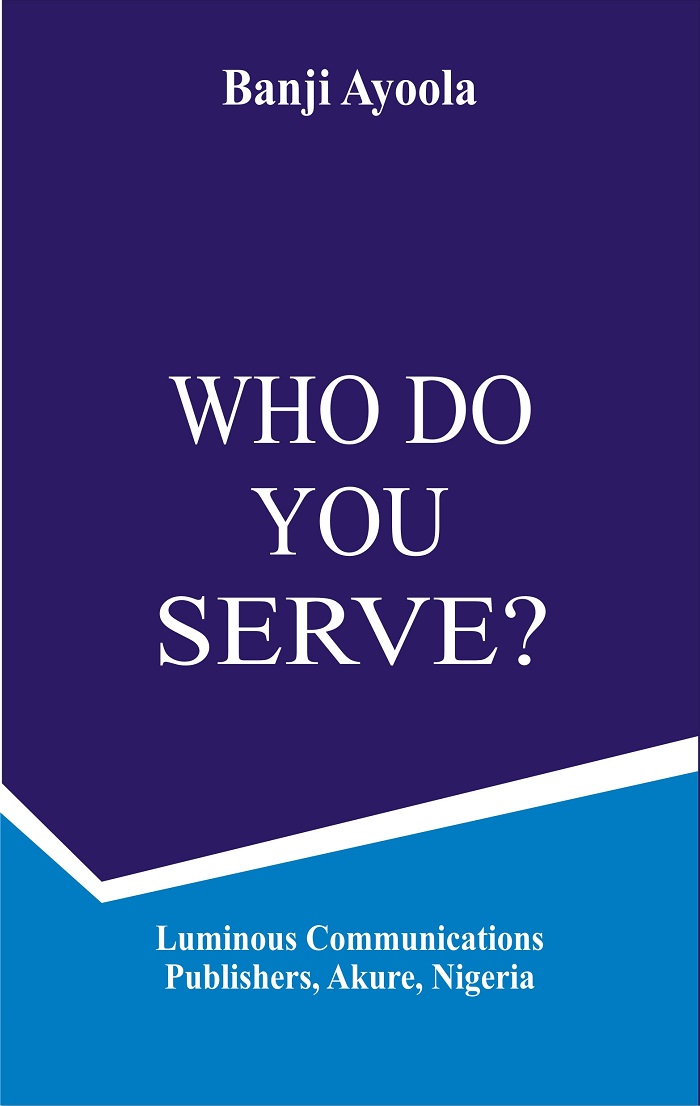Prof. Kayode Oseni
Herbal Medicine is as old as man.
From the very beginning, man started learning, sometimes by trial and error, or by direct observations of the animals, what herbs are good for what purpose.
In African Traditional Medicine, one of the ways through which man also knows about herbs is through divination, wherein a priest makes consultation with a deity on what are the causes of a person’s ailment, and what herbs are best to solve it. Thus spirituality became embedded in the practice of Herbal Medicine.
Man started as a forager, combing through the forests to search for food and medicine.
As man’s knowledge of herbs increased, he got to know other ways to use herbs apart from mere consumption.
He got to know how to employ the use of poisonous plants to make poison-tipped arrows and spears, he got to know which herbs are good as inks and dyes, and he also got to know which plants are good for making personal wears and as building materials.
Over many centuries, man moved through different epochs.
He moved from being a Caveman to a Stoneman, from Stoneman to Ironman, and Bronze man.
Around the Middle Age, man had gotten to the zenith of knowledge of herbs, and already he had started documenting his knowledge.
The Egyptians were at the forefront of the African Traditional Medicine documentation, while the Indians documented their Ayurvedic Medicine, and the Chinese documented their Traditional Chinese Medicine. The native Americans too were not left behind in this.
During the Middle Ages in European history, ie, the period between the end of the Roman Empire in 476 AD and about 1500 AD, especially the later part of this period, many people had become custodians of Herbal Medicine knowledge. This involved mostly women, as men used to go to wars, and most died in them.
It was therefore considered wise to make women the repositories of such Herbal Medicine knowledge so that it is kept safe and transmitted from one generation to the next.
However, a little after the Middle Age, modernization started spreading like a wildfire across Europe, and the USA, and with it, industrialization came to change how man lived.
Man then started going to work from morning till evening, in factories, offices, and laboratories. There was no more need to forage for food and medicine.
Women who were custodians of the knowledge of herbal medicine were then considered witches, and thus began one of the darkest times in the history of mankind: the widespread witch-huntings and burning on the stake of all gifted women across Europe, and through that, many records (unwritten) of herbal remedies formulation were lost with the burning of the custodians.
The period of the slave trade was when African Traditional Medicine moved to Europe and the USA. The slaves went with their traditional knowledge and skills.
Modernization and industrialization swept the world off its feet, and Herbal Medicine knowledge and practice became relegated to a thing of the past, to be seen only amongst people still in the villages.
But by the end of the 20th century, more and more people started realizing that the Orthodox Medicine that was considered perfect had lots of flaws.
There are issues of undesirable side effects, adverse reactions, drug abuse, addictions, etc.
Gradually, more and more people started advocating for a return to Herbal Medicine.
By the mid-90s to late 90s, there came into being two categories of people that will serve to promote the renaissance of Herbal Medicine.
The first group consists of the children, grandchildren, or great-grandchildren of traditional medicine doctors/ native doctors/healers of old times.
Those among them who acquired education in the field of Medicine, Pharmacy, Biochemistry, etc, started using such knowledge to explain what they learned from their fathers or great-grandfathers.
They started bringing back to the people the knowledge of Herbal Medicine which had been relegated to the background for ages
The second category of people that brought about an upsurge in awareness of Herbal Medicine are those born with an innate gift of Healing using Herbal Medicine, but who, due to societal influences, weren’t utilizing such gifts until they were triggered to do so.
In most cases, the common trigger is a health challenge that Orthodox Medicine failed to solve. Eventually, these people were left with no choice other than to go back to using Herbal Remedies, and often, this not only put them back on the track to vibrant health but also solved the particular health challenges like infertility or some other infirmities.
With the activities of people in those two categories, Herbal Medicine picked up once again and it has started to take its rightful place in our health care delivery system.
Today, Herbal Medicine is recognized as the main part of Traditional, Complementary, and Alternative Medicine.
Today, Herbal Medicine practitioners are proud to be called Herbalists, unlike a few years back, when Herbalists were seen as cultists and fetish people.
Even our citadels of higher learning,ie, our Universities now recognize Herbal Medicine as a noble science, and thus now confer on,or appoint as experts in this field, professors of Natural Medicine.
– Prof. Kayode Oseni is a Faculty member of African American University, Porto Novo, Benin Republic.







